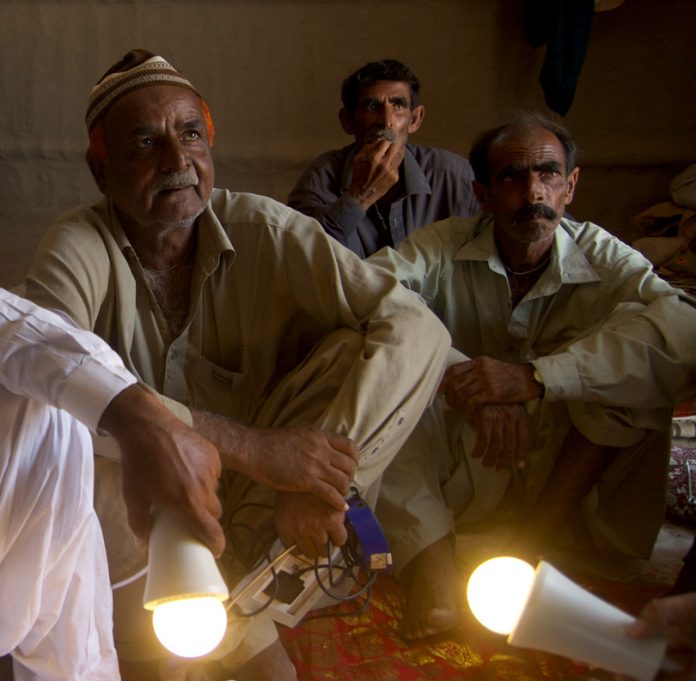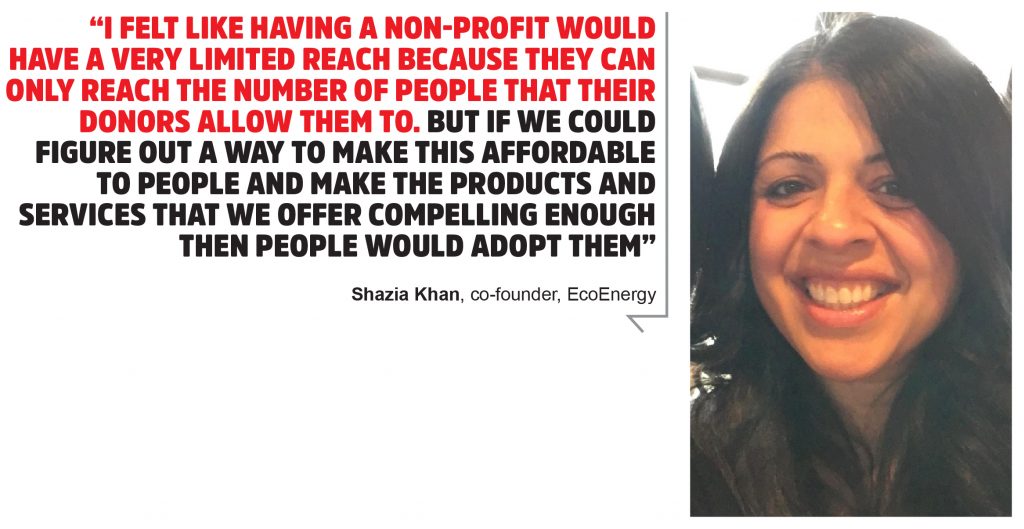When graduating from college, many students often face a choice: take the job that has a positive social impact, or the job that will pay well and have a bright financial future? For some entrepreneurs, it seems, the answer is both.
In years past, social entrepreneurship used to mean a slightly more financially self-sustaining charity, or a business that occasionally did philanthropic ventures. As the industry has evolved, however, it is becoming increasingly clear than social entrepreneurs do not want to compromise on either part of their pursuit: they want to pursue both social responsibility and positive impact and they want to have a financially successful venture and personal financial success.
“What business should be is socially conscious profit making, instead of being driven by greed. The three basic pillars of financial returns, social impact and environmental scalability should be maintained in all businesses,” says Jawad Aslam, CEO at Ansar Management Company (AMC), a company working on low cost housing in Pakistan.
Choosing between profit and purpose is a challenge that all businesses face and the ones which succeed in striking a balance between the two often go on to make a considerable impact not just for themselves but the society as a whole. Profit recently sat down with a few ‘social entrepreneurs’ who are working for social causes while trying to pursue financial goals, and mapped out their journeys.
4Renewable power: EcoEnergy

People living in off grid areas using energy efficient lights produced by EcoEnergy.
Shazia Khan is a Pakistani American environmental lawyer based in Washington DC, energy being her area of specialisation. She started her career with the World Bank working for the Africa energy sector, going on to work at the Global Environment Facility, where she realised that her home country Pakistan, where almost 71 million people live off the grid, could benefit greatly from solar energy due to the high solar radiations that the country receives.
In 2009, she launched EcoEnergy Finance, a non-profit entity, with the intention of making a commercially viable business model for making clean energy affordable to off grid population in Pakistan. EcoEnergy Finance operated as a non-profit for seven years, raising money for market research and product testing.

She along with her co-founder Jeremy Higgins built a small team and spent four years carrying out market research across 44,000 households trying to understand their purchasing power, consumer preferences and the behavioural shift that was required for the adoption of the new technology and another three years building and testing different products.
Once a business model was in place, a fully for-profit entity EcoEnergy Global was launched. The company currently offers energy solutions ranging from 20 watts to 500 watts. “Our products cost the same or less than what our customers are spend on their energy needs, we provide financing services and develop a credit score for them and offer them after sale services,” she says.
“I felt like having a non-profit would have a very limited reach because they can only reach the number of people that their donors allow them to. But if we could figure out a way to make this affordable to people and make the products and services that we offer compelling enough then people would adopt them.”
EcoEnergy Global primarily operates in Sindh, providing solutions to anyone living off the grid but now hopes to compete for on grid customers as well and expand into Southern Punjab and Balochistan.
“It is a shame that the government has not done anything to provide access to electricity to these people, but that leaves a great opportunity for the private sector to step in. The new Prime Minister has also talked about widespread adoption distributed solar. We will be happy to work with the government. But primarily our customers can pay for themselves and are not subsidised in any way by the government. So, we are confident that what we are providing is exciting and compelling and affordable for our customers regardless,” she says.
Shazia Khan believes that the for-profit model of her business is better than how most non-profit non-governmental organisations (NGOs) operate and serves as a motivating force for her business to do well. “I did not want to have a small NGO. An NGO can get away for a very long time without being successful and without anyone ever saying that it is unsuccessful, but a business is a failure if it does not fulfill the need of its customers.”







